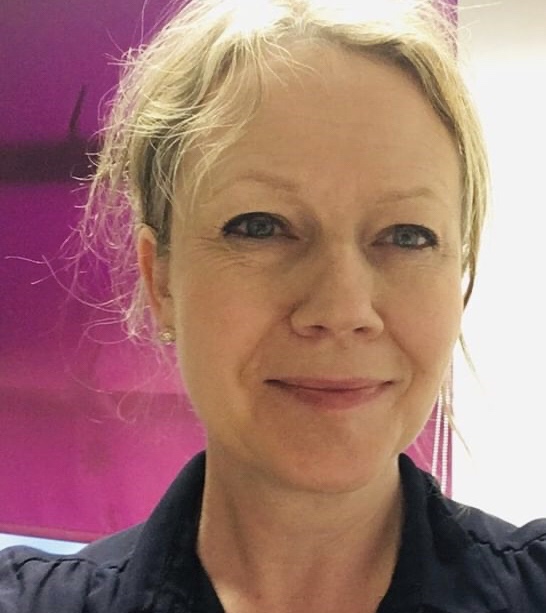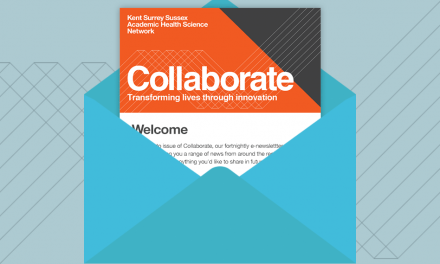 To mark World Patient Safety day on Friday 17 September, Helen McElroy, Consultant Neonatologist, Oliver Fisher Neonatal Unit, Medway Hospital and Neonatal Lead for Kent Surrey Sussex Patient Safety Collaborative (KSS PSC) highlights some of the MatNeo initiatives taking place across our region.
To mark World Patient Safety day on Friday 17 September, Helen McElroy, Consultant Neonatologist, Oliver Fisher Neonatal Unit, Medway Hospital and Neonatal Lead for Kent Surrey Sussex Patient Safety Collaborative (KSS PSC) highlights some of the MatNeo initiatives taking place across our region.
As a neonatologist I am delighted that this year’s World Patient Safety Day is dedicated to ‘Safe maternal and newborn care’. It’s particularly heartwarming because this theme is a key focus for all of us at KSS PSC who are supporting the national Maternal and Neonatal Safety Improvement Programme (MatNeoSIP).
MatNeoSIP’s aim is to reduce the national rate of preterm births from 8% to 6% and reduce the rate of stillbirths, neonatal deaths and brain injuries occurring during or soon after birth by 50% by 2025. There are initiatives in place across the network to address this aim and the MatNeoSIP team are supporting many of these; below are a few highlights.
Reducing death in preterm babies – Optimal Cord Management
This is a major focus for maternity and neonatal units across KSS this year. Optimal Cord Management means waiting at least 60 seconds or more after birth before clamping the umbilical cord – this reduces death in preterm babies by nearly a third. OCM has increased from 28% in 2020 to 39% in 2021 to date – an improvement but there’s still a huge amount of work to do. The MatNeo team will be raising awareness of this on October 21st with the launch of a network guideline.
Improving neuroprotection for term babies through research – the EDEN study
This month EDEN opened for recruitment at the Oliver Fisher Neonatal Unit (OFNU) in Medway. This randomised controlled trial aims to see if either drug will reduce brain injury further when used with whole body cooling therapy in babies with birth asphyxia.
Birth asphyxia is the most common cause of death and neurodisability in term babies in the UK. In 2020 this affected 66 babies in KSS, with sadly six deaths. Currently the only effective treatment we have is cooling, but even with this about 50% of severely affected babies will die or face disability. So research is really important to find new ways of improving outcomes and OFNU is excited to be collaborating with the team at Imperial College London.
Right place of birth – 1 more baby survives for every 20 women transferred
We know that preterm infants <27 weeks have a reduced mortality of approximately 50% if birth occurs in a high volume, neonatal intensive care setting, so getting the right place of birth is essential.
In KSS this year 75% of infants were delivered in the right place compared to a national target of 85%. So we welcome a recent initiative between KSS Neonatal Operational Delivery Network (ODN) and SECAMB – the Suspected Preterm Labour Decision Tree. This decision making tool helps front line clinicians identify the best place to transfer pregnant women and support delivery in the right centre. It’s early days but we expect the raised awareness to impact positively on our figures.
Collaboration!
A final word on the benefits of collaboration. The newly re-fashioned Local Maternity and Neonatal Systems (LMNS) means there will be even greater scrutiny of safety issues for women and babies, including oversight of perinatal mortality reviews and Serious Incidents across the network.
The KSS PSC MatNeoSIP team continues to offer support with QI matters for maternity and neonatal staff across KSS. I’d like to thank everyone for their commitment to, and passion for, this work. We look forward to further collaborations with the ODN and LMNS.
To echo the words of the World Health Organisation, let’s “Act now for safe and respectful childbirth”.




